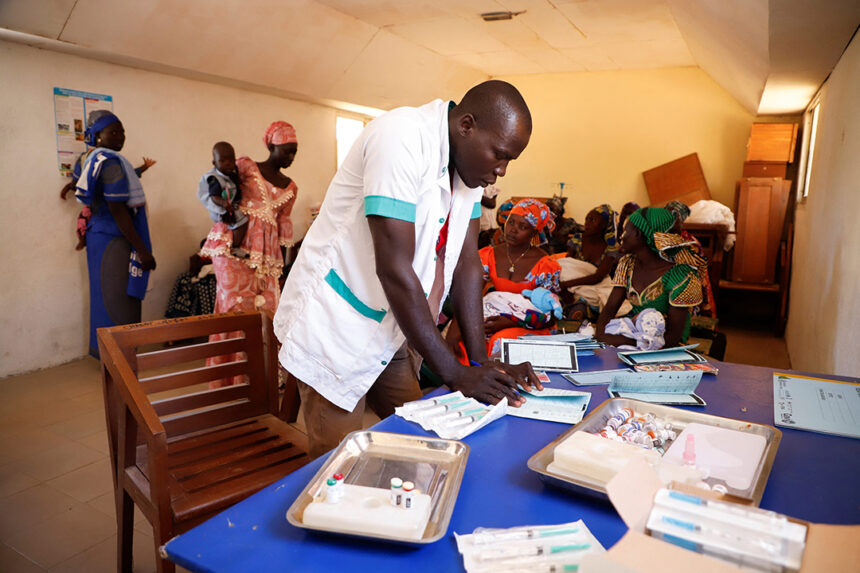Russian Health Misinformation Endangers Lives
Russian Health Misinformation Endangers Lives. Dengue fever outbreaks took nearly 600 lives in Burkina Faso in October 2023. Afterward, false information flooded in.
On social media, some individuals, purportedly backed by the Russian government, attacked the efforts of Target Malaria, a non-profit fighting mosquito-borne diseases in Burkina Faso since 2012 with support from the Bill and Melinda Gates Foundation.
These social media users falsely accused the organization of spreading diseases.
For example, one user on X platform wrote, “When will Africans understand that Bill Gates is a criminal? He is involved in spreading malaria, HIV, Ebola, and COVID.”
Another user accused Target Malaria of developing biological weapons while praising Russia, according to Agence France-Presse.
Target Malaria had to defend itself against these falsehoods, denouncing the attacks as “false” and “deeply regrettable.”
This disinformation campaign is just one part of Russia’s continent-wide attempt to discredit public health initiatives and sow doubt about those fighting against some of the world’s deadliest diseases.
A key target of these Russian attacks is the United States, which has invested approximately $100 billion in African public health initiatives over the last two decades. These efforts, including the President’s Emergency Plan for AIDS Relief (PEPFAR), estimated to have saved 18 million lives globally, have drawn Russian efforts to undermine them.
Misinformation Undermines Public Health Efforts in Burkina Faso
James Rubin, the U.S. State Department Global Engagement Center special envoy and coordinator, said, “The Russians probably find it frustrating that American health support has been so successful, and they’re trying to challenge it and make people question it.”
However, this misinformation campaign endangers lives by fostering distrust in healthcare professionals and potentially leading individuals to forgo treatment. Rubin added, “They might not go to get their vaccines, get their health care because they’ve been misled into thinking that it’s part of some conspiracy theory the Russians have invented.”
Observers note that this tactic aligns with Russia’s history of information warfare, echoing strategies employed during the Cold War era when the Soviet Union falsely claimed that HIV was created in a U.S. medical laboratory and spread other baseless accusations about diseases and healthcare.
Today, a Russian-supported entity known as the African Initiative disseminates health misinformation in Africa. The group runs English and French-language channels on the messaging app Telegram and recently organized a conference in Ouagadougou, where participants promoted traditional medicine while seeking to undermine the credibility of Western pharmaceutical companies.
ALSO READ: Bauchi Stampede Claims Seven Lives – Latest Updates(Opens in a new browser tab)
This misinformation campaign comes as Burkina Faso initiates an immunization program offering a new anti-malaria vaccine, RTS,S, to 250,000 children across 27 health districts. Burkina Faso suffers heavily from malaria, with around 12.5 million cases annually resulting in about 19,000 deaths. Children and pregnant women are particularly vulnerable.
However, clinics now face misinformation about the vaccine. Doctors and nurses hear mothers repeat the false claim that the vaccine will render their children sterile.
“We reassure them through hospital talks that this is not the case,” said Ali Diallo, a community-based health agent in the health district of Dori. “When women come for consultations, we assure them that the vaccine is safe and effective. Our goal is to break these chains of false information.”
By tackling the misinformation campaign and promoting accurate information, healthcare professionals aim to ensure that communities receive the life-saving care they need.









